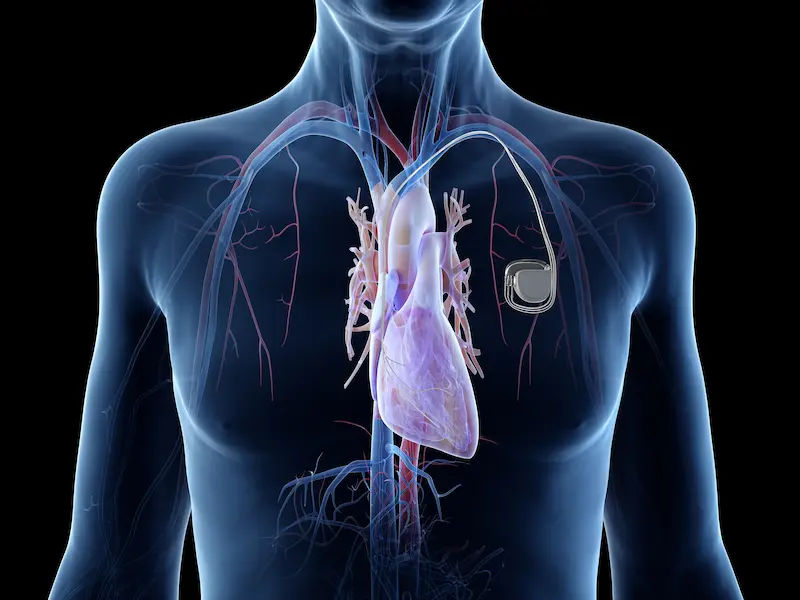- female
- 30 Years
- 20/02/2025
I've been checking my pulse rate a lot since yesterday, like 34 times, and it's been between 95 to 100 on the pulse oximeter. Is this okay, or does it seem a bit high? I'm just wondering what I should do to improve it if needed.
Answered by 1 Apollo Doctors
A pulse rate between 60 to 100 beats per minute is generally considered normal for adults. A pulse rate of 95 to 100 may be slightly on the higher side, but it could be due to various reasons such as stress, anxiety, caffeine intake, or physical activity. To help lower your pulse rate, you can try relaxation techniques like deep breathing exercises, meditation, or yoga. Make sure to stay hydrated, avoid caffeine and nicotine, and get an adequate amount of sleep. If your pulse rate consistently stays high or if you experience any other concerning symptoms, it is advisable to consult a healthcare professional for further evaluation and guidance.
Dr. Anshul Suggests...
Consult a Cardiologist
Answered 25/07/2025
0
0

More Cardiology Health Queries
View allI'm really worried because my cholesterol is high, like 252, and today I've been experiencing this pain in my left arm, shoulder joint, and even in my hands. Could this mean I'm having a heart attack?
Having high cholesterol levels can increase your risk of heart attack, especially when experiencing symptoms like pain in the left arm, shoulder joint, and hands. This could be a sign of a heart-related issue. It is important to seek medical attention immediately. In the meantime, you can take Aspirin 81mg to help reduce the risk of blood clot formation.
Answered by 1 Apollo Doctors
What are the signs of an unhealthy heart?
Chest discomfort, Nausea, Indigestion, Chest pain radiating to arm, sweating
Answered by 1 Apollo Doctors
I'm experiencing chest pain in the middle, and sometimes it feels like a pulsing sensation. It just started yesterday. Should I be worried about this? What could it mean?
Chest pain can have various causes, including heart problems, muscle strain, or digestive issues. Since chest pain can be a symptom of a serious condition, it is important to seek medical attention promptly. In the meantime, you can take over-the-counter pain relief medication like acetaminophen (e.g. Tylenol) at a dose of 500mg every 4-6 hours as needed for pain. However, if the chest pain is severe or persistent, it is crucial to seek immediate medical help.
Answered by 1 Apollo Doctors
Disclaimer: Answers on Apollo 247 are not intended to replace your doctor advice. Always seek help of a professional doctor in case of an medical emergency or ailment.





